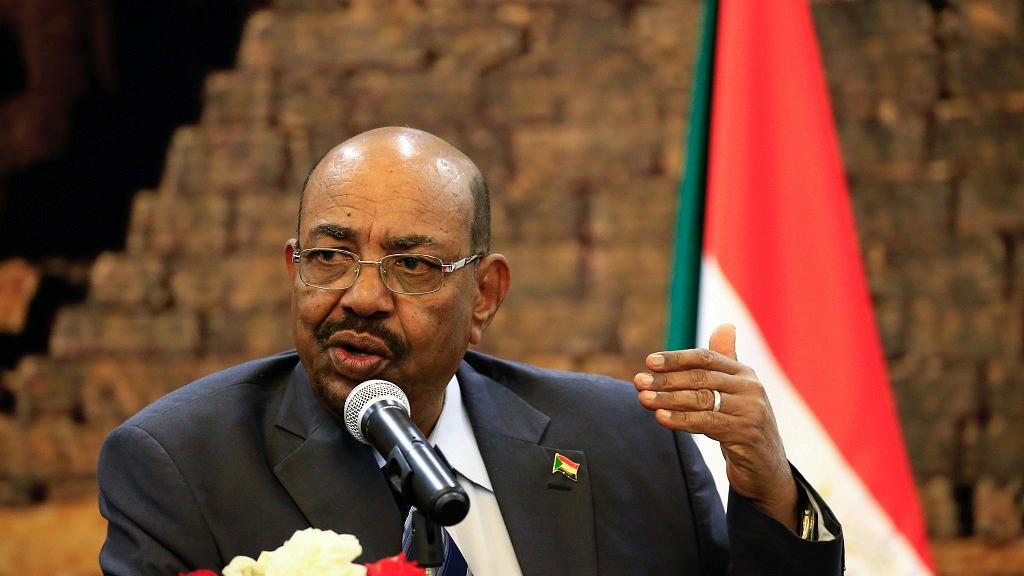Sudan’s annual rate of inflation rose to 34.68 percent in March from 33.53 percent the previous month, as food and energy prices kept rising after subsidies were cut in early November, the Central Statistics Office said on Sunday.
Sudan’s economy has deteriorated since the south seceded in 2011, taking with it three-quarters of the country’s oil output, its main source of foreign currency and government income.
With revenue dwindling, the government announced cuts to fuel and electricity subsidies in early November. That saw petrol prices rise about 30 percent, pushing up transport costs and feeding through to inflation.
A dollar shortage and a ballooning black market for hard currency have also made foreign-made goods more expensive in a country that depends heavily on imports.
Source: Reuters



